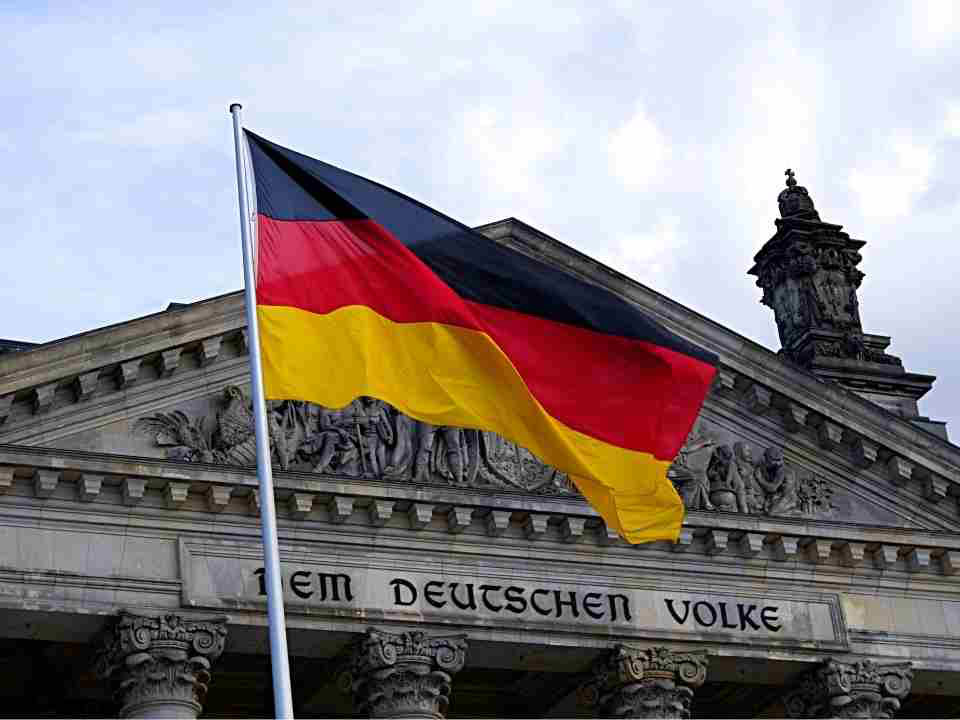Germany Receives European Commission's Approval for €3bn Hydrogen Network Investment
Key Ideas
- The European Commission has given the green light to Germany's €3bn investment in the hydrogen core network (HCN).
- The HCN will span 9,700km, facilitating the transportation of hydrogen across the country for various industrial uses.
- 60% of the network will repurpose existing natural gas pipelines, while 40% will consist of new dedicated hydrogen pipelines, all backed by German funding.
- This initiative aims to bolster Germany's hydrogen infrastructure and advance its transition towards green energy sources.
The European Commission has approved Germany's proposal to allocate €3bn towards the development of a massive hydrogen core network (HCN) spanning 9,700km. This network will serve as a crucial link in the transportation of hydrogen from production sites to industrial consumers, storage facilities, power plants, and import routes. The plan outlines that 60% of the HCN will utilize converted natural gas pipelines, covering approximately 5,820km, while the remaining 40% will see the construction of new dedicated hydrogen pipelines over a length of 3,880km. The financial backing provided by Germany for the hydrogen infrastructure project has received support from the European Commission. This strategic investment not only aims to strengthen Germany's hydrogen backbone but also aligns with the country's objectives for a sustainable energy transition, emphasizing the importance of hydrogen as a key component in achieving green energy goals.
